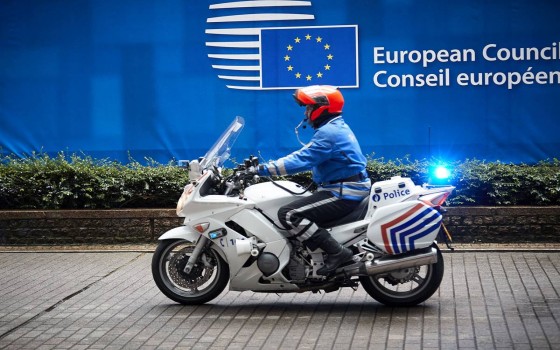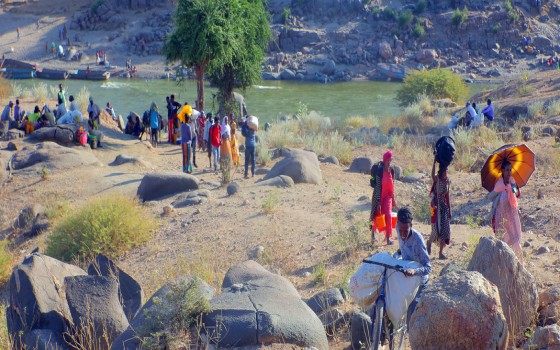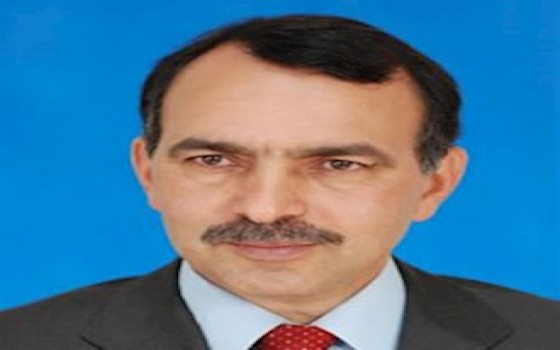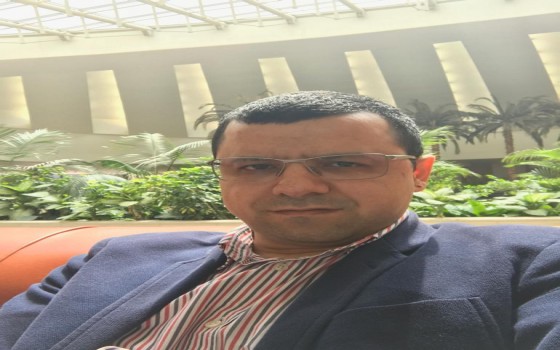
Abdallah Hamada writes: The Football Empire: Billions of Dollars, Accusations of Corruption, and Political Influence

- Europe and Arabs
- Friday , 20 June 2025 10:15 AM GMT
FIFA, the International Federation of Association Football (FIFA), is one of the richest sports organizations in the world, with revenues estimated at billions of dollars. But where does all this money come from? And to what extent are its decisions influenced by political influence?
These questions and others were the focus of a conversation and debate between me and artificial intelligence, and I decided to share the results with you.
FIFA's Sources of Funds: A Vast Commercial Empire
FIFA relies primarily on purely commercial sources for its funding, far from direct government funding. Television broadcasting rights represent the largest source of income, as FIFA sells the exclusive rights to broadcast its major events, most notably the World Cup, to global media networks for billions of dollars. This is closely followed by marketing and sponsorship rights through huge deals with global companies seeking to associate their brand with the world's most popular game. Licensing rights, merchandise sales, ticket sales, and hospitality rights at major tournaments also contribute to FIFA's coffers. Although governments do not pay FIFA directly, countries hosting major tournaments like the World Cup incur massive investments in infrastructure and security, which benefits FIFA in terms of event readiness. FIFA also invests a portion of its profits in football development programs around the world, which benefits the national associations of the countries.
"FIFAgate": The Corruption Scandal That Rocked the Throne of Football
In 2015, a resounding corruption scandal, known as "FIFAgate," hit FIFA, revealing a vast network of corruption, bribery, and money laundering. The accusations targeted senior officials, including then-President Joseph "Sepp" Blatter, his vice president Michel Platini, and Secretary General Jérôme Valcke. The allegations focused on receiving massive bribes in exchange for granting broadcasting and marketing rights for major tournaments, as well as suspicions of illegal payments and manipulation in the selection of World Cup host countries, particularly the 2018 and 2022 World Cup bids in Russia.
US and Swiss judicial authorities led the criminal investigations, given the involvement of the US banking system in the transfer of funds, while FIFA's internal ethics committee imposed sporting sanctions, including long-term bans from all football-related activities.
Political influence: Does the US control FIFA's decisions?
Strong questions are being raised about the presence of significant political influence, particularly from the United States, on FIFA's decisions. Several points are put forward to support this view:
* Timing of the investigations: Some believe that the revelation of the "FIFAgate" scandal coincided with the US losing the 2022 World Cup bid to Qatar, and with escalating tensions between the US and Russia, which won the 2018 bid. Some suggest that these investigations were a means of pressuring and forcing a change in FIFA's leadership. * Awarding the 2026 World Cup to the United States: Following the ouster of Blatter and the restructuring of FIFA, the joint bid of the United States, Canada, and Mexico was selected to host the 2026 World Cup. Although the bid was the strongest technically and commercially, the fact that this selection coincided with FIFA's post-scandal "reconciliation" period led many to believe that it was not a coincidence, but rather part of a political "settling of scores."
* Excluding Russia from the competition: The decision by FIFA and UEFA to exclude all Russian teams from international competitions came after Russia's invasion of Ukraine in 2022, in line with comprehensive Western sanctions. While FIFA justified the decision as ensuring the integrity of the competitions and in solidarity with Ukraine, critics see it as a "double standard," as other countries experiencing armed conflict were not excluded. This underscores how international sporting organizations can be subject to political pressure when they conflict with the interests of major powers. Ultimately, these events demonstrate that FIFA, as a global economic and sporting power, cannot remain immune to the influences of international politics, and that the relationship between football and power extends beyond the pitch.












No Comments Found